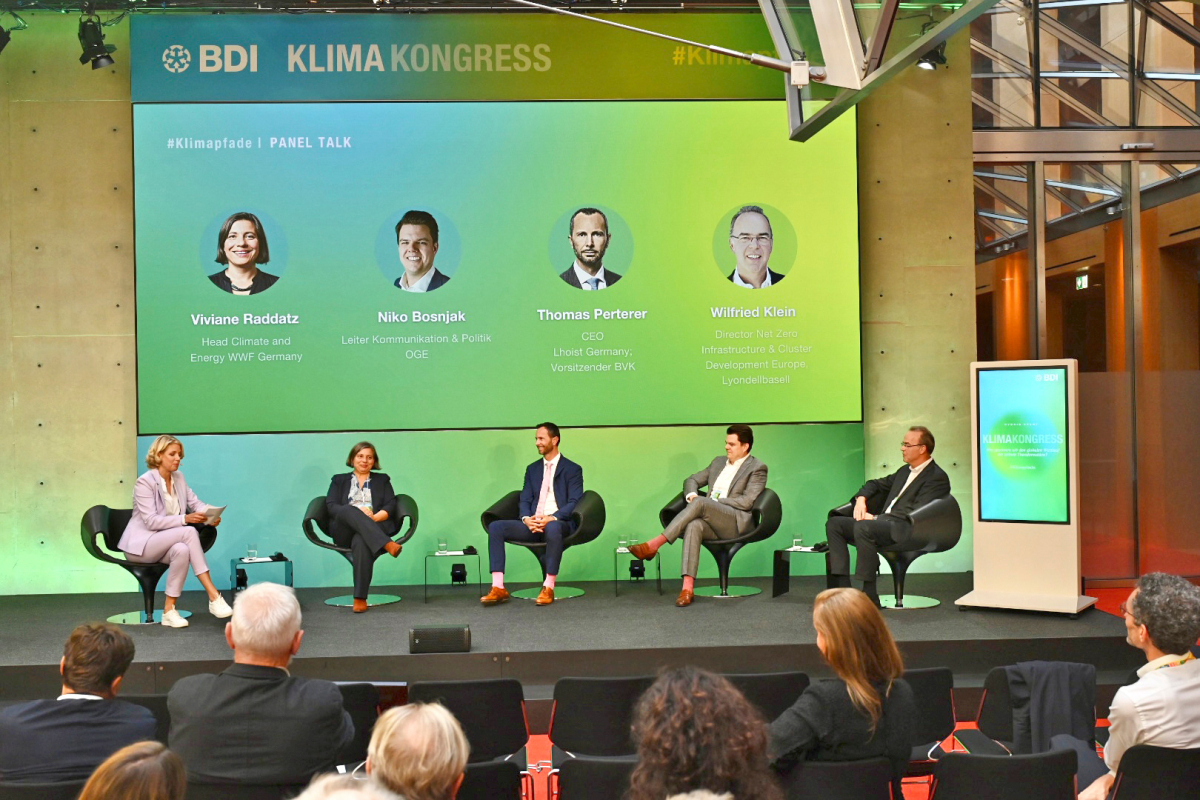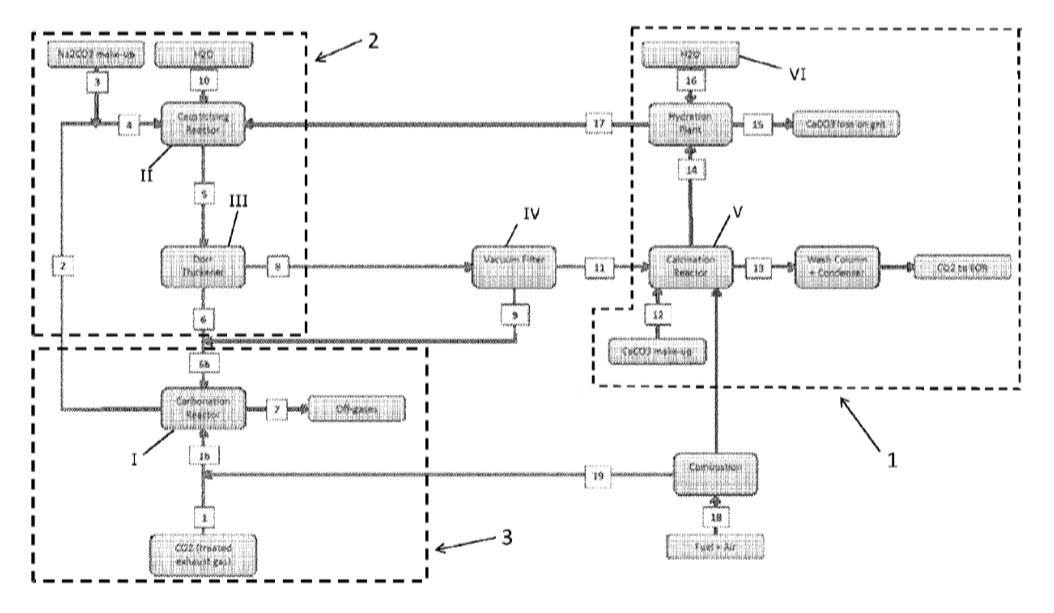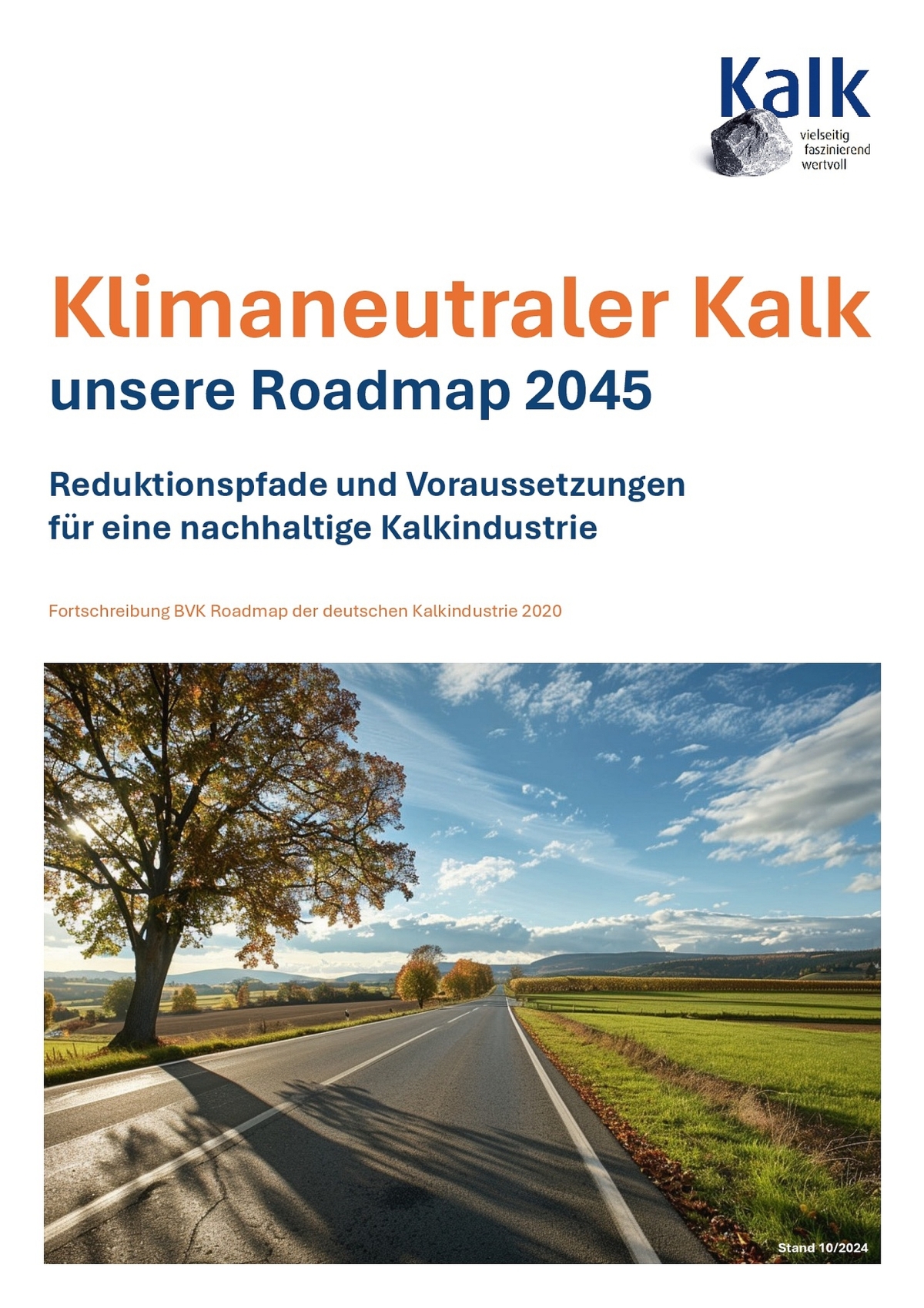Carbon management strategy as the key to implementing industrial CO2 capture
With the Climate Protection Act, Germany has committed itself to greenhouse gas neutrality by 2045. In order to achieve this ambitious goal, the industry is dependent on appropriate political framework conditions and a wide range of climate protection technologies. These include the capture of unavoidable CO2 emissions and the subsequent storage or utilization of the CO2. In a joint position paper, an alliance of associations and NGOs now sets out its expectations for the planned national carbon management strategy.
In addition to concrete adjustments to the legal framework for the storage and use of CO2, the main focus is on the development of a CO2 transport infrastructure in Germany. “As a cement industry, we are relying on a mix of CO2 reduction measures for decarbonization. But one thing is clear: Climate-neutral cement will only be possible with CO2 capture,” emphasizes Dr. Martin Schneider, Managing Director of the German Cement Works Association (VDZ). “We very much welcome the fact that the German government is laying the foundations for this with the evaluation report on the Carbon Dioxide Storage Act and the planned CO2 strategy,” Schneider continues.
As the position paper shows, the goals of climate protection and resource conservation can be combined through “carbon management” in tandem with the National Hydrogen Strategy. The rapid development of CCS, CO2 capture and subsequent storage, is of particular importance in this context in order to permanently store CO2 from industrial processes or thermal waste utilization. This is confirmed by renowned studies, including those by BDI, dena, Agora and the NRW Carbon Management Strategy.
A key role is played by the development of a CO2 transport and storage infrastructure in Germany and Europe, whereby the infrastructures for renewable electricity, hydrogen and CO2 must be thought of and planned together. By linking the use of hydrogen, options for the material use of CO2, and permanent storage, including in the German North Sea, considerable synergy effects could be leveraged and transformation processes accelerated. In the Netherlands, Great Britain and Scandinavia, among others, such projects are currently being planned and some are already being implemented. “The carbon management strategy must set guard rails for the development of a CO2 infrastructure. Companies need a clear perspective right now so that their upcoming investments in CO2 capture will be politically flanked by an appropriate legal framework for the transport, use and storage of CO2,” explains Schneider.
Prompt implementation of such a national carbon management system requires a clear political commitment to the use and storage of CO2, multimodal CO2 transport planning, financial incentives and the creation of a comprehensive legal framework. Against this backdrop, a national carbon management strategy must create clear incentive structures in various sectors and thus policy areas in addition to an overarching vision for the CO2 circular economy and CO2 storage. In addition, the existing legal framework (essentially the Carbon Dioxide Storage Act, KSpG) must be further developed. The adoption of the evaluation report on the Carbon Dioxide Storage Act is an important step in this direction.
The joint position paper “A national carbon management strategy for the implementation of industrial CCS and CCU projects in Germany and Europe” is now available at https://vdz.info/crbm. Further information is also available at www.vdz-online.de/en






